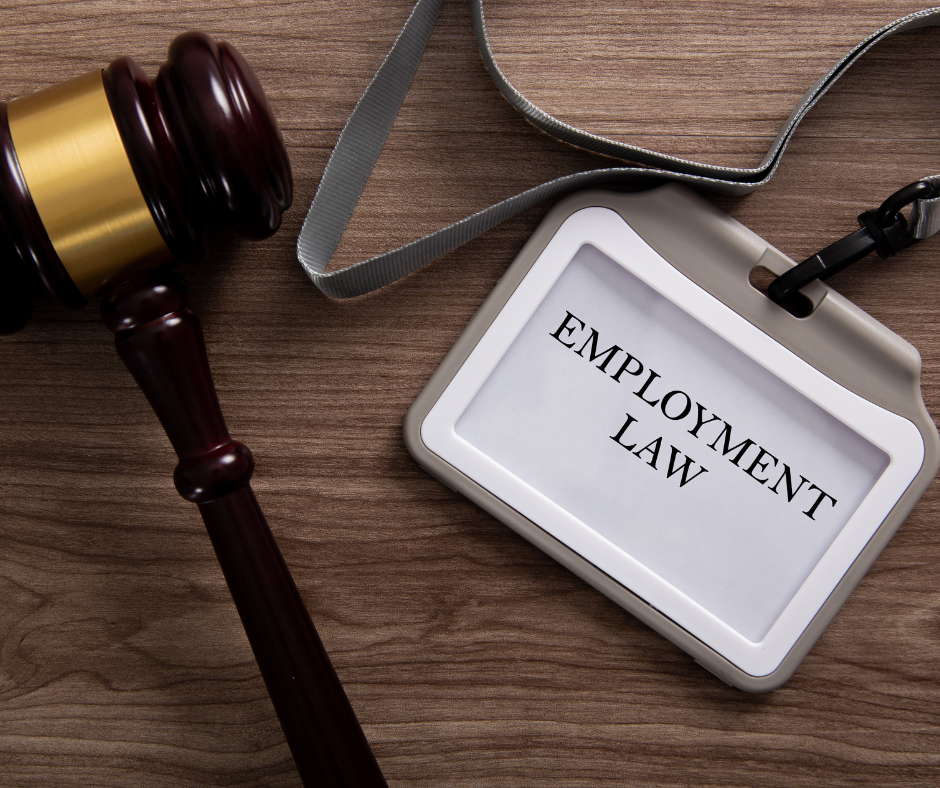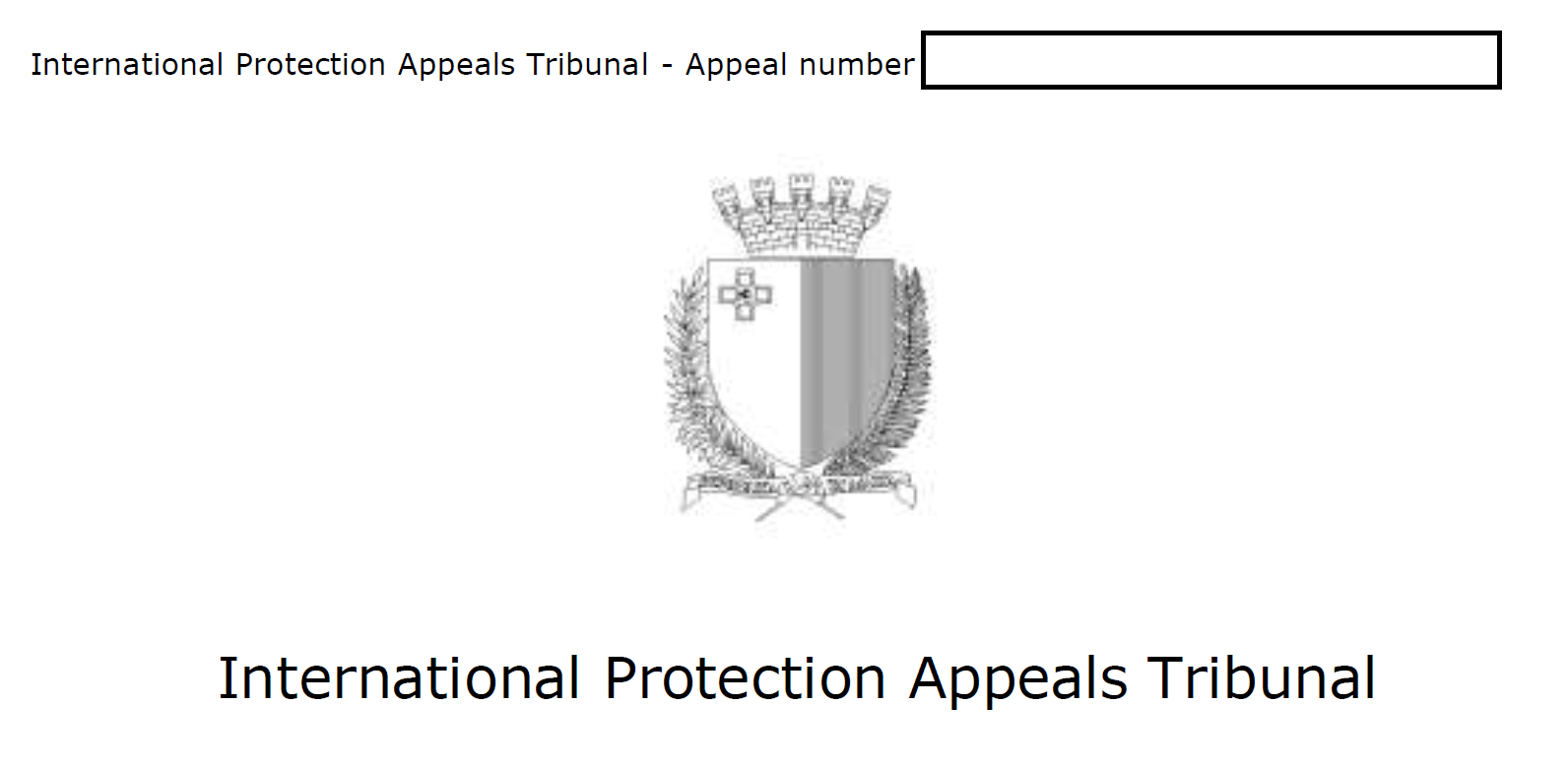In today’s article, we will delve into a comprehensive exploration of key terms associated with the dynamic employment landscape in Malta. It’s important to emphasise that the information provided below serves as a foundational overview, offering essential insights into the fundamental aspects of Malta’s employment scenario. As we navigate through various terms, we aim to provide readers with a solid understanding of the basic elements that contribute to the unique and evolving employment environment in this Mediterranean island nation. Whether you are a job seeker or an employee this article will serve as a valuable resource on the fundamental concepts that shape the employment landscape in Malta. Employment, work permits, and residency are hot topics in Malta reflecting the complicated regulations and opportunities that define the island’s labour market.
Maltese Labour Law
The primary legislation for labour law is the Constitution of Malta, the Employment and Industrial Relations Act (EIRA), the Employment Commission Act, the Employment and Training Services Act and EU Regulations and Directives.
Employment Contract
Employment contracts can be indefinite or definite.
Indefinite: the employee is engaged in employment for an indefinite period, meaning it does not include a termination date. An indefinite contract of employment cannot be changed into a definite contract of employment.
Definite: the employer and employee agree on its duration, meaning such contract includes a termination date. A fixed term contract can be renewed up to a maximum period of four years, after which the employee shall be on an indefinite contract.
Probation Period
The probation is an established period during which the employee is assessed by the employer on suitability for the job and the employee decides whether he/she wants to continue the employment in that job. The probationary period is an obligation. During probation either party may terminate the employment without assigning any reason, provided that one week notice is given if the employment has exceeded one month. The whole probationary period is payable with the rate of wage agreed.
Wages
For 2024 the national minimum wage per week of a full-time employee is €213.54. On a yearly basis, the cost-of-living increase issued by the government is obligatory. A full-time employee is entitled to the full increase, while a part-time employee is entitled to it in proportion to the hours worked.
Working Hours
The standard normal hours of work for a full-time employment (excluding overtime) are based on 40 hours a week. However, working hours can vary according to the sector of industry. An employer can ask an employee to work more than an average of 48 hours per week but in such a case, a written consent is required from the employee.
Leave
Every employee with a 40-hour working week is entitled to paid annual leave of 192 hours. There is various other leave such as: Bereavement leave, birth leave, court witness leave, injury leave, jury service leave, marriage leave, maternity leave, parental leave, sick leave, urgent family leave and others.
Notice Period
When terminating employment with an indefinite contract notice needs to be given prior to the termination of employment. Notice is calculated on the employee’s continuous length of service, as follows:
- For more than one month but not more than six months – one week
- For more than six months but not more than two years – two weeks
- For more than two years but not more than four years – four weeks
- For more than four years but not more than seven years – eight weeks
- For more than seven years, an additional 1 week for every subsequent year of service or part thereof up to a maximum of twelve weeks
- For such longer periods as may be agreed by the employer and employee in the case of technical, administrative, executive or managerial posts.
Termination during Probation
The first six months of employment are the probation period. During probation either party may terminate the employment without justification, provided that a week’s notice is given when the employment has exceeded one month. However, in the case of a pregnant employee, the employer is obliged to give the employee reasons in writing to justify the dismissal so long as they are unrelated to the employee’s condition.
Wages and Payslips
Wages should be paid at regular intervals, not exceeding 4 weeks in arrears. Employers must give their employees an itemised payslip, either before or on the date when the wages are due. A complaint can be lodged at the Department of Industrial and Employment Relations (DEIR) if the employer fails to pay the employee the wages due and if the employer fails to provide the payslip due.
It is important that the employee always keeps his timesheet from the first day of employment ideally in digital format in a table which should include the day of the week, the date, the time in and time out less break and total working hours. This will help the Department build your claim of the employee when there is a wage dispute.
Wage Deductions
An employer is not allowed to make deductions from the employee’s wage, except where permitted by law or by an order of a court. The employer can impose fines on the employees only if it is agreed in a collective agreement or specified in a contract of employment or written statement and authorised by the Director of Industrial and Employment Relations.
Overtime
The employer can oblige an employee to work overtime, provided:
(1) the total hours of work do not exceed on average 48 hours a week.
(2) the employee has consented in writing to work more than the weekly average.
However, such a consent can be withdrawn by the employee, provided that a written notice of at least 7 days or a longer period of maximum 3 months as may be agreed, is given to the employer. Employees do not have to work overtime especially during pregnancy and for a period of 12 months from the birth of the child or from the date of a child’s adoption.
Overtime Rates
Most sectors have their overtime rate regulated by the respective Wage Regulation Order (WRO).
Employees whose overtime rate is not covered by this shall be paid one and a half (1.5) times the normal rate for each hour worked in excess of the 40 hours per week.
Rest Periods
Where the working day is longer than six hours, an employee is entitled to not less than 15 minutes of rest, unless a longer period of rest is provided by another agreement. This rest period is not considered as working time.
Sick Leave
The amount of sick leave varies according to each industry-specific sector and is stipulated in the relevant WRO that regulates each specific sector of industry. In the case of a sector not covered by a WRO, an employee is entitled to two working weeks of sick leave annually, calculated in hours.
Public Holiday
When a public holiday falls on any day of the week that the full-time employee is not scheduled to work on such day as part of the normal weekly roster, the equivalent in hours of one working day is to be added to the employee’s vacation leave entitlement. In the case of part-time employees and full-time employees working reduced hours, the equivalent in hours of one day pro rata is to be added.
Maternity Leave
A pregnant employee may take an uninterrupted period of eighteen (18) weeks maternity leave as follow: First fourteen (14) weeks with full wages paid by the employer and the remaining four (4) weeks which are not paid by the employer. However, the employee must apply for the Maternity Leave Benefit to which she is entitled in terms of the Social Security Act. On termination of maternity leave, the employee has the right to resume work in the post formerly occupied before the start of the maternity leave, and if such a post is no longer available, to a similar post.
Unfair Dismissal
The Employer may only terminate a contract of employment based on a ‘good and sufficient’ cause, redundancy, or the employee reaching retirement age. The following are a few example scenarios that are not considered to be ‘good and sufficient’ causes: Getting married, going on maternity, becoming a member of a trade union, joining religious groups, the employer no longer having the confidence of the employee, disclosing information to a public regulating body regarding alleged illegal activities being committed by the employer.
Reason of Termination
When the relationship between the employer and the employee ends, both parties need to inform Jobsplus about the reason of termination. If either the employee or the employer disagrees about the reason of termination, any party can take recourse and lodge a complaint to the National Employment Authority, by visiting personally and providing a copy of the Jobsplus.
The function of the National Employment Authority is to investigate and adjudicate any complaints which any interested party may bring before it regarding employment and training services provided by Jobsplus. Appeals may be filed by employees, employers and even by persons registering as unemployed.
Any person aggrieved by a decision of the Jobsplus, may within fifteen days from the notification of such decision, appeal in writing to the Authority. It is advisable one visits the Authority at Block C, Beltissebh, Floriana or seeks legal advise before doing this.
Employment Process for Third Country Nationals
If you are a Third Country Nationals thinking of relocating to Malta, or is already here and need employment guidance, have a look at this specific page containing Immigration Frequently Asked Questions by Third Country Nationals.
If you are in any type of employment situation where you require legal advice, our lawyers at Sciberras Advocates will be able to assist you with any employment issues. For more information, please contact us on [email protected].
This article is for information purposes only and should not be construed as legal advice.
Article written by Ms Charlene Sciberras, B.A. (Hons), guest writer, is a marketing and business administration specialist with a special focus on corporate, accounting, and legal matters.
Sciberras Advocates founded by Dr Adrian Sciberras, is a law firm based in Malta. The firm prides itself to be multi-disciplinary, innovative and flexible in order to meet the changing times and any challenges in the local and international legal scenario. No matter what private or corporate complex demands are called for, Sciberras Advocates offers practical and cost-effective legal solutions to achieve your desired results. You may reach Sciberras Advocates by phone on +35627795222 or via email on [email protected].










